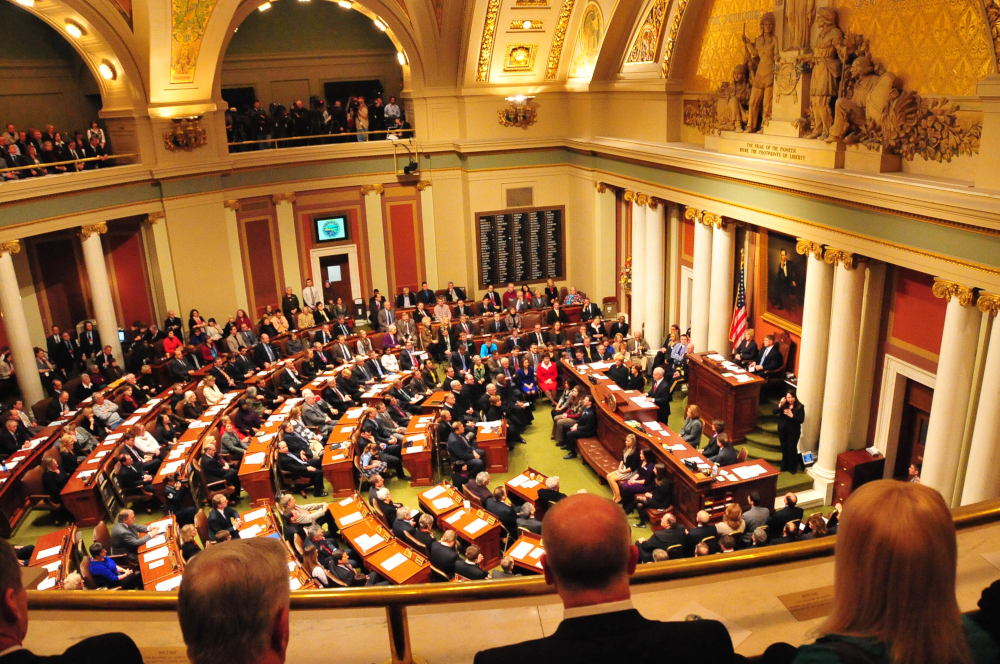Minnesota hemp stakeholders say the inclusion of hemp in state cannabis legislation would create burdensome rules that could stifle the industry.
The Minnesota Industrial Hemp Association (MIHA) said licensing categories included in House and Senate versions of an adult-use marijuana bill would create a complex legal and regulatory framework, and called for rules to advance interstate commerce and assure a functioning production chain for industrial hemp.
“We remain concerned and frustrated over the lack of measurable progress regarding the inclusion of provisions that would grow Minnesota’s industrial hemp sector,” MIHA President Dave Ladd told the Morning AgClips website.
The Minnesota legislation would create regulations, licensing, and taxation for all products that contain THC – including hemp despite the fact that the hemp plant expresses levels of 0.3% total THC or less.
Overreaction to d-8?
Critics note that with more than 20 states now having legalized recreational marijuana, only Minnesota has lumped hemp with pot in proposed legislation.
The outlier approach could be Minnesota lawmakers’ overreaction to rules adopted last year that inadvertently made the state a hotbed for hemp-derived delta-8 THC products. Delta-8 THC is made by putting CBD from specially grown hemp plants through a synthetic process to make a compound that mimics the “high” produced by delta-9 THC, the most common form of THC found in marijuana plants. It’s “hemp” turned into “marijuana” in the lab.
Some states have put delta-8 THC under rules for recreational marijuana; others have banned it altogether. But Minnesota would use laws to crack down on delta-8: “Adult-use cannabis concentrate does not include synthetically derived cannabinoids,” one provision observes.
Handicapping small business
While an amendment intended to appease hemp stakeholders was added to the legislative language, small businesses are still likely to be overburdened, MIHA has said.
“The hemp industry is currently comprised of small, independent farmers and the re-emergence of domestic hemp production was perfectly timed to meet the growing consumer demand for hemp products,” said John Dugas, an MIHA board member. “The crop could be a major economic driver but hemp farmers need market access, a seamless supply chain, and regulatory certainty.”
Hard times
MIHA said restrictions on interstate commerce in the bill would hamper cross-border sales, and said it supports a U.S. Department of Agriculture (USDA) “Stamp of Approval” for hemp shipped between various jurisdictions, with no state interference.
The Association also called for more flexible rules that give growers wider latitude in selling their hemp crops, suggesting the laws as drafted would disrupt the supply chain. A complex licensing system in the bill would also handicap the state’s hemp sector because some operators may not qualify, MIHA also warned.
Minnesota, like most other states in the U.S., has fallen on hard times for hemp. The state’s farmers harvested just 570 acres in 2022, down from 2,300 in 2021, according to figures from the USDA’s national hemp reports.
Read the full article here

